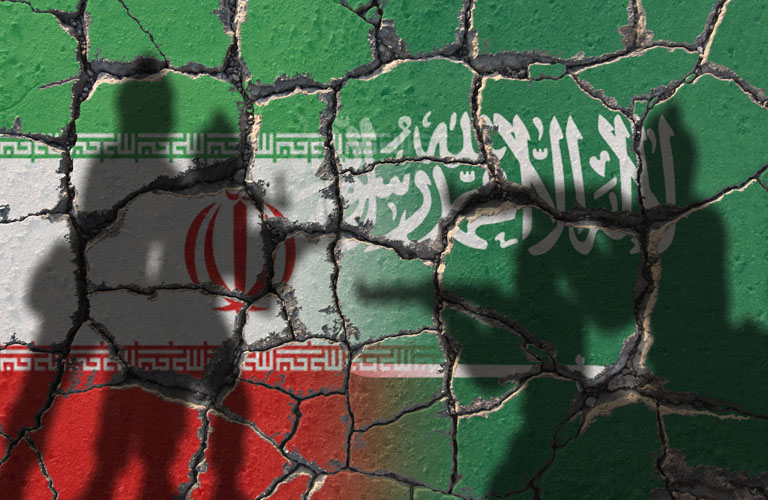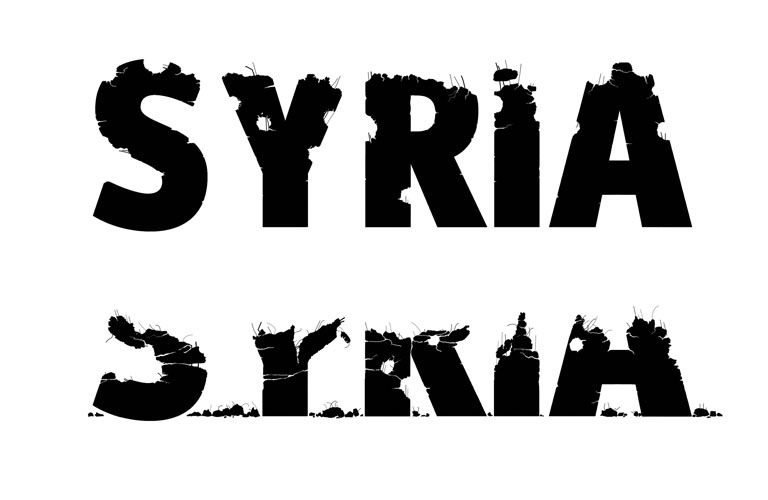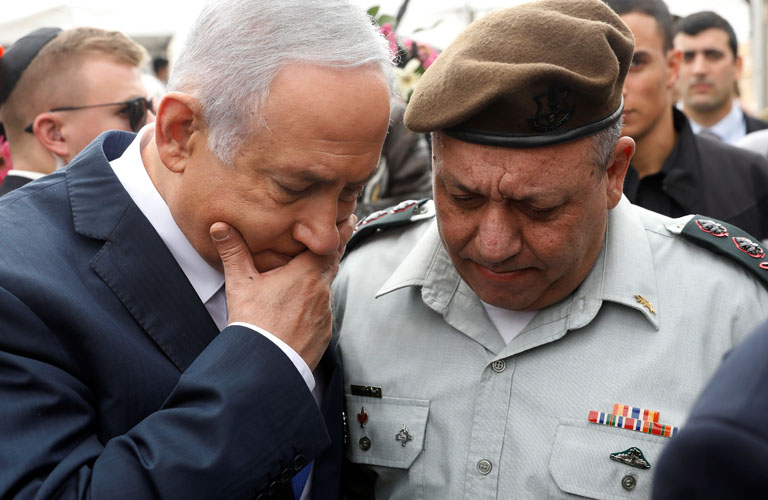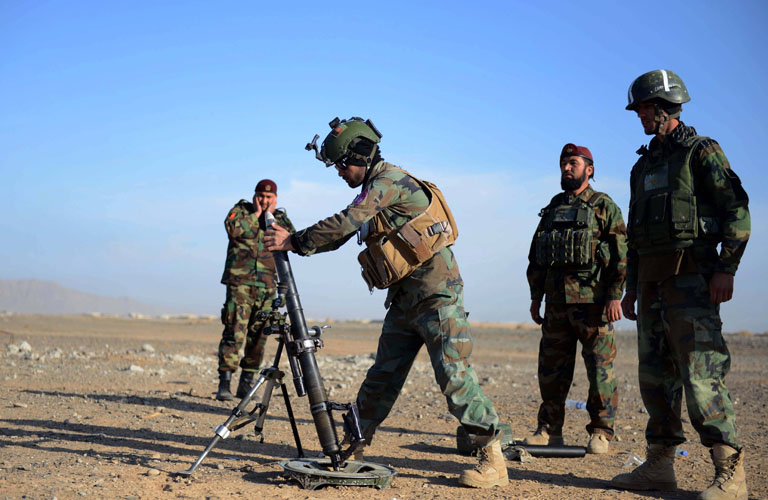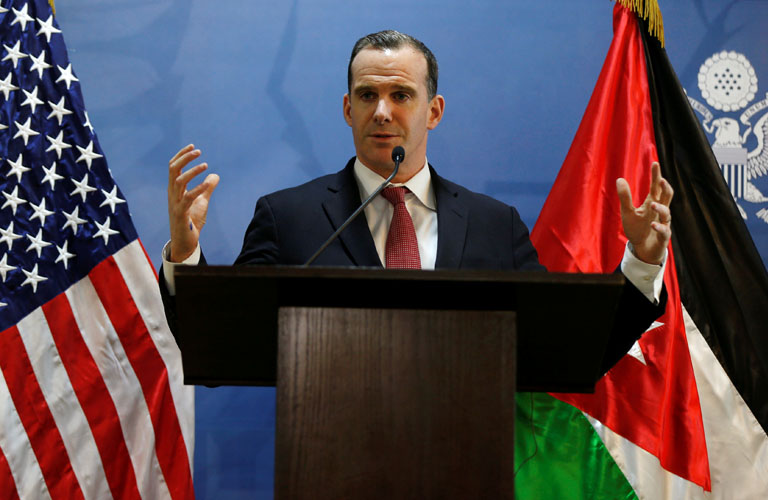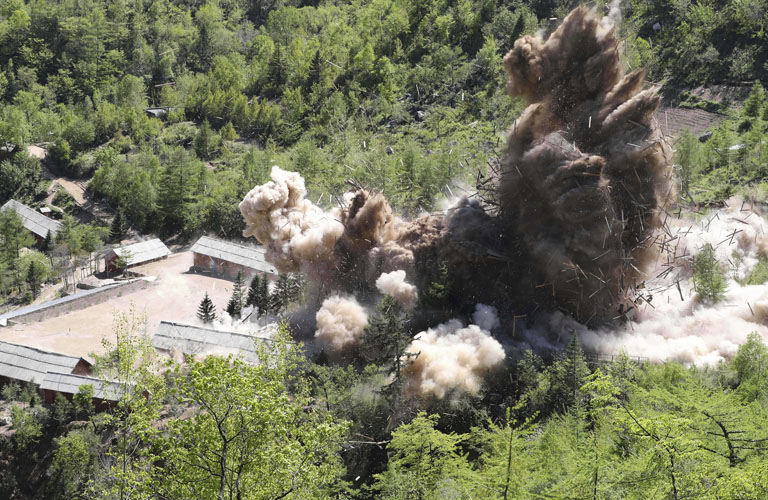For the past eight years, Syriahas been the place where almost all the geopolitical, political, ideological and sectarian conflicts of the Middle East have converged as if under a burning magnifying glass. Syria is not at peace today, but the government of Bashar al-Assad – with more than a little help from Russia and Iran –has won the war.
The opposition is largely marginalized; most of its Arab backers are …

